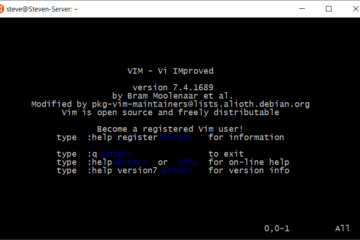Article
Getting Started with the Internet of Things
Introduction As often is the case in information technology there are new ways of referring to old concepts that have matured – this the case with the Internet of Things (IoT). Wired devices have communicated use signaling to exchange information since the early 20th century. For the last few decades Read more…
